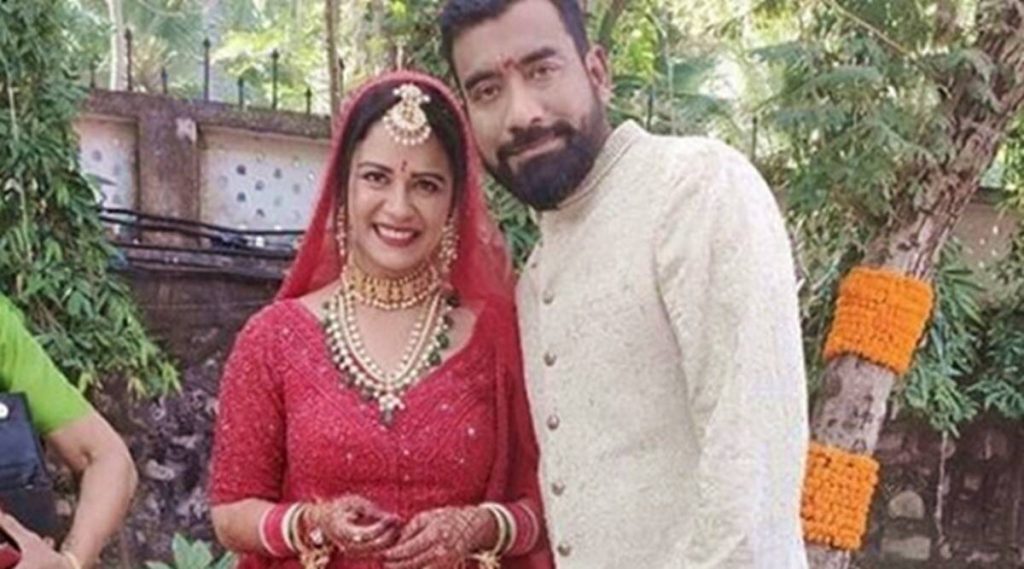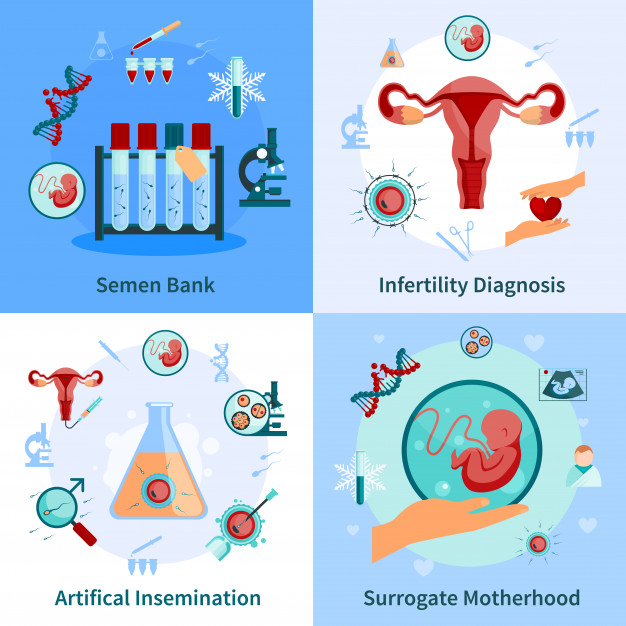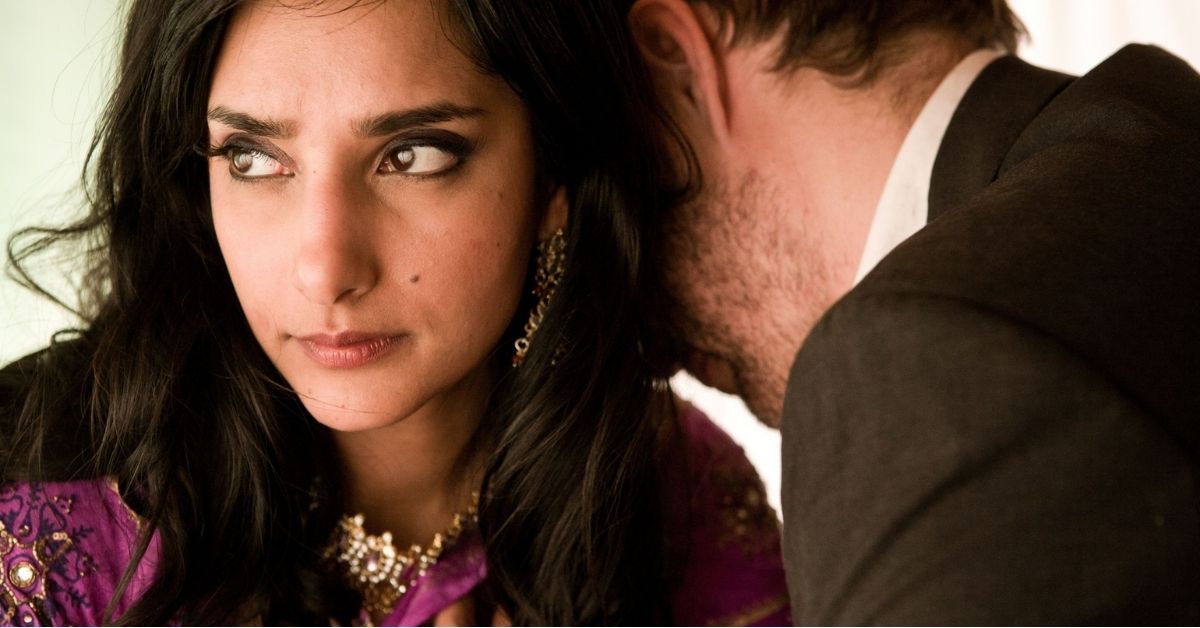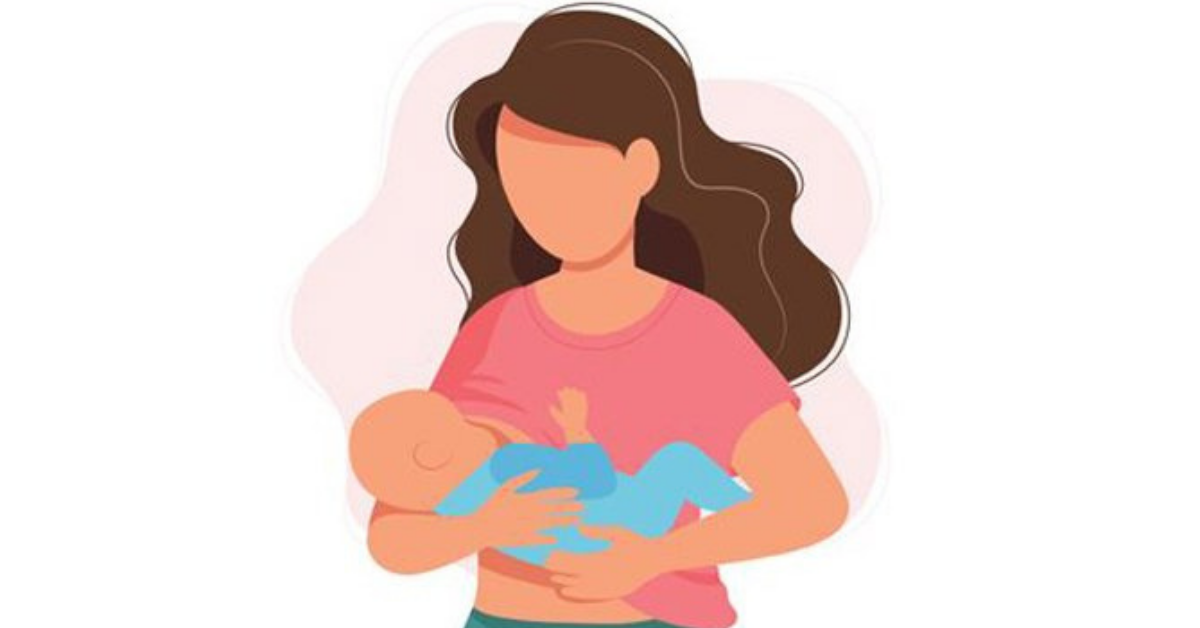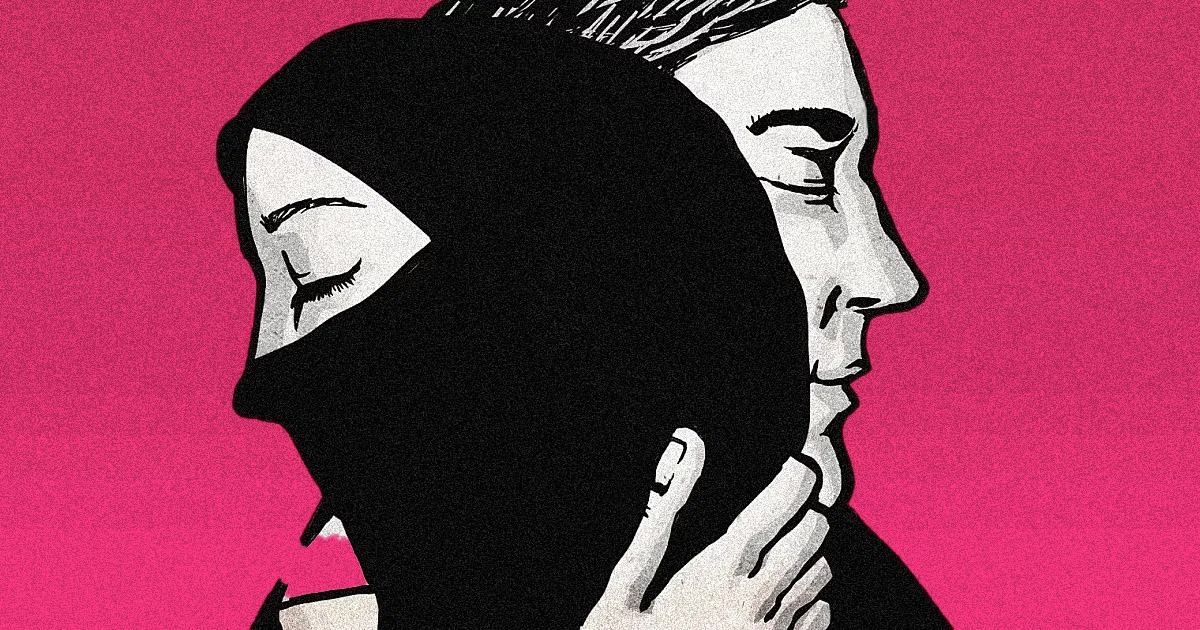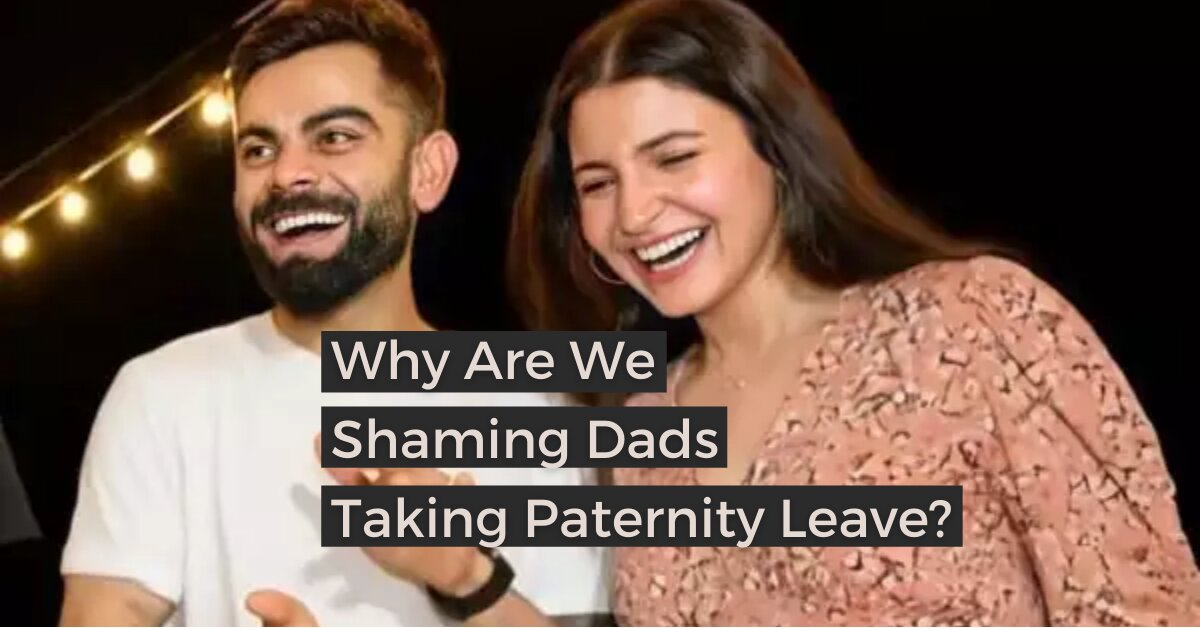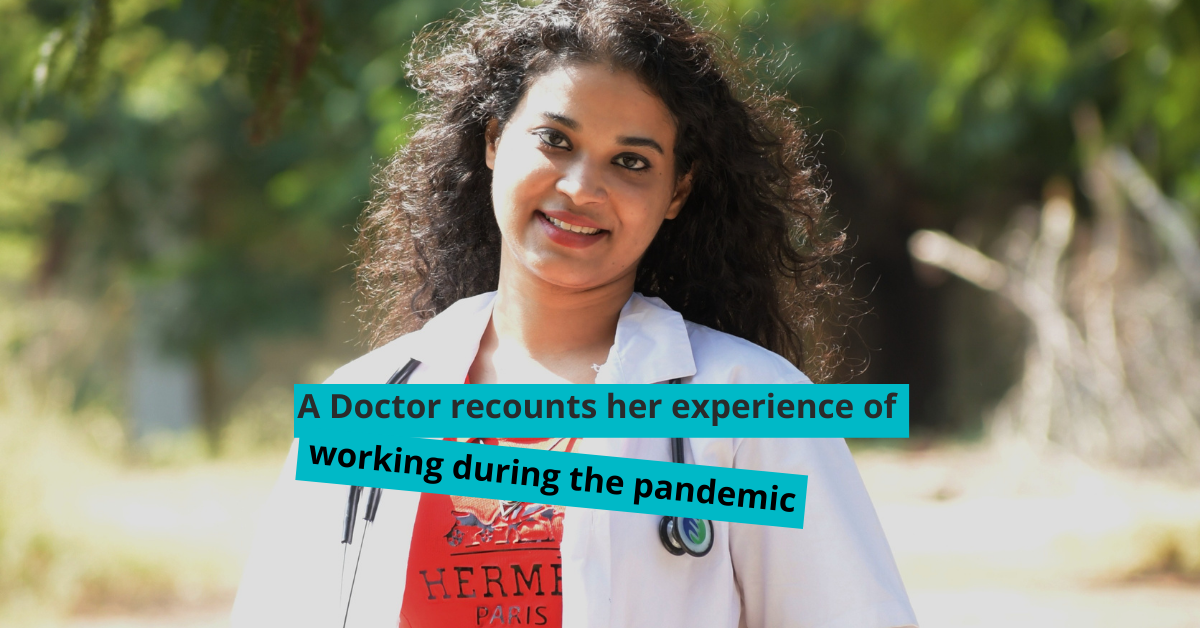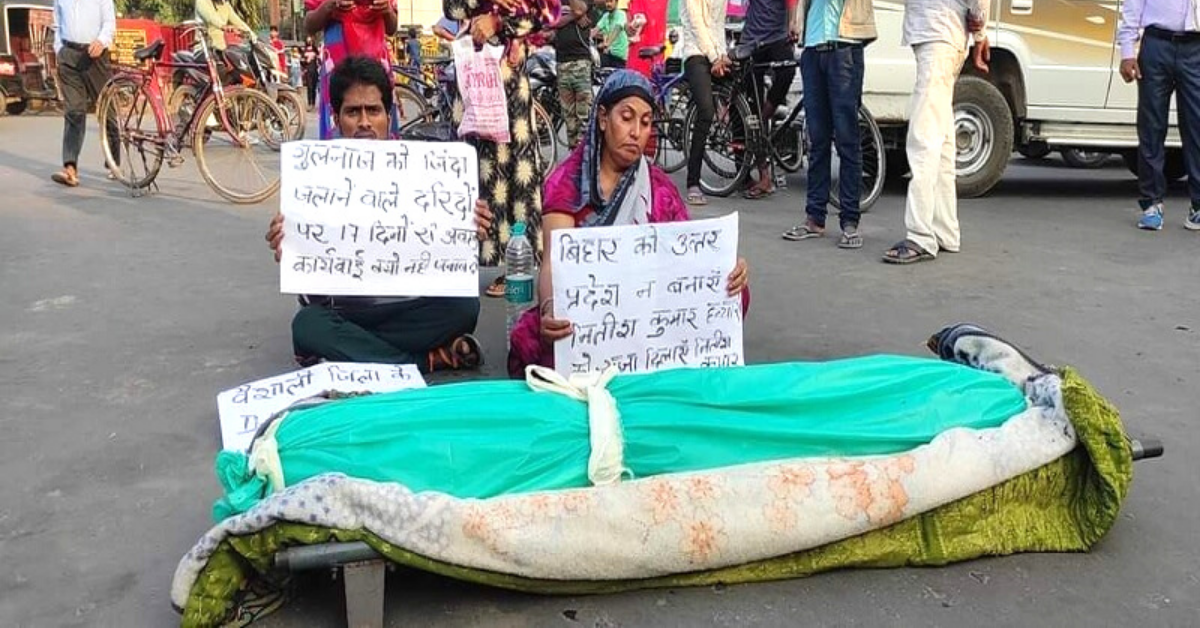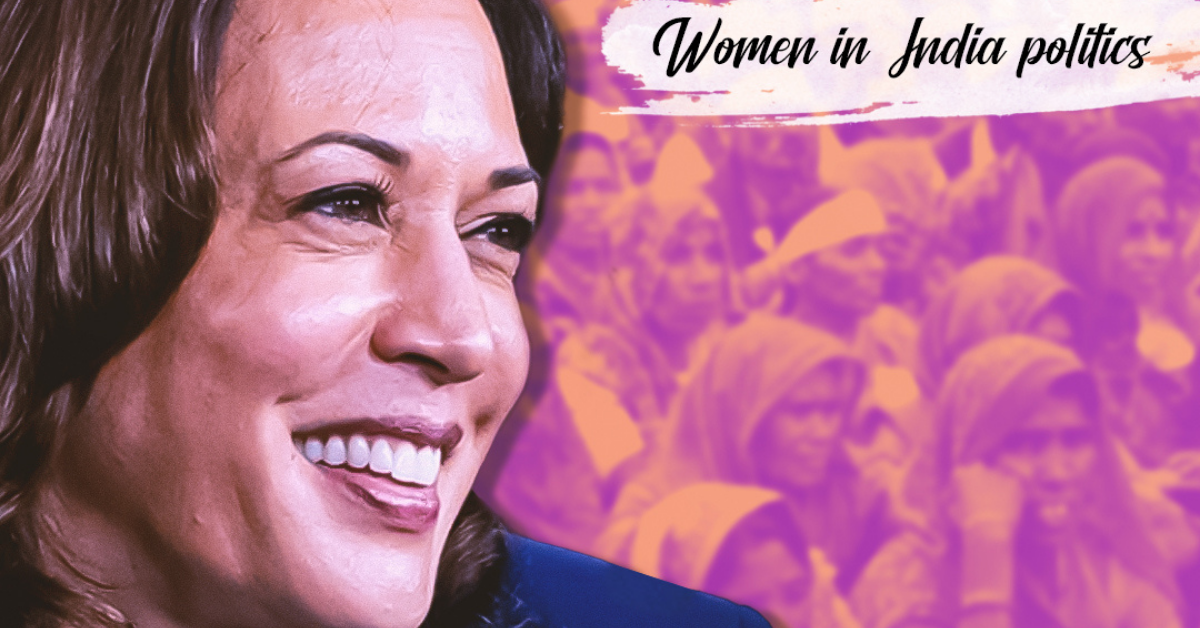The level of discomfort before a Menstrual Cycle can vary from one woman to another. While some go through slight discomfort around their abdomen, thighs, and lower back, others might experience extreme pain around the same areas. This pain might last a day or two.
The forceful uterine contractions, which cause cramps, can turn your world upside down in no time. These contractions or cramps start at worst and go on easing down with time. However, those who undergo extreme pain would love anything that could take the pain away.
So, here are 10 basic tips and remedies that you can try to feel relieved.
Remedy 1: Apply Heat
It is one of the most common remedies that women are aware of. If you weren’t aware of that before, all you need to do is to place a hot water bottle against your abdomen. The warmth from the bottle will relax your muscles, thus easing down the cramps.
Other than that, you can use a heating pad against the areas experiencing discomfort or soak yourself in a tub of warm water.
Remedy 2: Drink More Water
Some Women even experience vomiting or dehydration, which can lead to loss of fluids. That, in turn, makes the condition worse. So, you must drink enough amount of water regularly. Drinking 6-8 glasses of water daily will ease bloating as it makes your symptoms worse.
You can add mint or lemon to your water, which will make it pleasant to taste. Make sure you do not use salt as it encourages bloating. Moreover, avoid alcohol in the same period as it can lead to dehydration.
Remedy 3: Gentle Exercise
You must be thinking that this can be the worst remedy ever, but it’s not. We are talking about gentle and easy stretching or yoga. Studies have found that people who practiced yoga experienced less pain compared to the ones who didn’t.
The Android Stores are full of Yoga & Exercise Apps, which have special classes for women undergoing menstruation. One such app is the Daily Yoga app (No promotion) that can help you deal with menstrual pain. Make sure you do not overdo it.
Remedy 4: Chamomile Tea
The endometrium of the uterus releases Prostaglandins. These cells are responsible for muscle contractions, nausea, vomiting, and headache. The anti-inflammatory substances present in the Chamomile Tea slows down these cells.
Non-steroidal anti-inflammatory drugs like Ibuprofen and Naproxen reduces the production of the same Prostaglandin cells. These help in easing the menstrual flow during the menstrual cycle.
Remedy 5: Massage
Massage therapy can help you ease down the cramping pain during menstruation. You can also use massage oil for the same and press specific points around your neck, abdomen, and sides to ease the pain.
Remedy 6: Time for Ginger
A group of young women underwent a study to find out the usefulness of Ginger against ibuprofen and mefenamic acid. They used 250 mg capsules of Ginger four times a day. Results showed that it provided the same relief as ibuprofen and mefenamic acid capsules. So, do not forget to use Ginger in your periods this time for better pain relief.
Remedy 7: An Orgasm
Some studies suggest that an orgasm can help you relieve pain from menstrual cramps. An orgasm is similar to gently exercising your body and releases endorphins, which helps in pain relief.
Remedy 8: Avoiding Certain Foods
As we discussed above, it’s better to avoid foods that encourage dehydration and bloating. Some of those foods are:
. Alcohol
. Salty Foods
. Caffeine
. Fatty Acids
. Carbonated Drinks
Ignoring the foods and drinks mentioned above helps you in decreasing the tension of cramps, thus help you in pain relief. You can alternatively drink herbal drinks like Chamomile Tea, Warm water with lemon, strawberries, etc.
Remedy 9: Use Essential Oils
There are several benefits of using essential ones. One being its relieving effect in periods. During a study on two groups of females, the group of women who used essential oils like cinnamon, lavender, rose, etc. in another carrier oil felt more relief compared to the one who used only one oil.
So, it’s better to blend in a few drops of essential oil along with a carrier oil to improve your pain relief during this cycle.
Remedy 10: Take a Diet rich in Omega-3 Fatty Acids
Just like we have to cut out on some foods, we should try to eat some specific ones too. Eating a balanced diet rich in Omega-3 Fatty Acids, vegetables, nuts, fruits, lean proteins, whole grains can help you stay healthy during this period.
Omega-3 is an essential fatty acid, well known for its anti-inflammatory properties. Its sources are seafood, nuts, seeds, and plant oils like soybean oil, flaxseed oil, and canola oil.
The tips and remedies stated in the article are easy to try, natural, and requires no professional expertise at all. There are many more but find the one that works best for you. The goal is to reduce the discomfort and pain, thus going through the periods comfortably. You can also try other remedies like getting Vitamin-D from Sunshine, Anti-Cramp Mineral Calcium, Curcumin, Cinnamon, Fennel seeds, etc. All these natural remedies will help you deal with menstrual pain in the best possible way. So, make sure you try them out.






